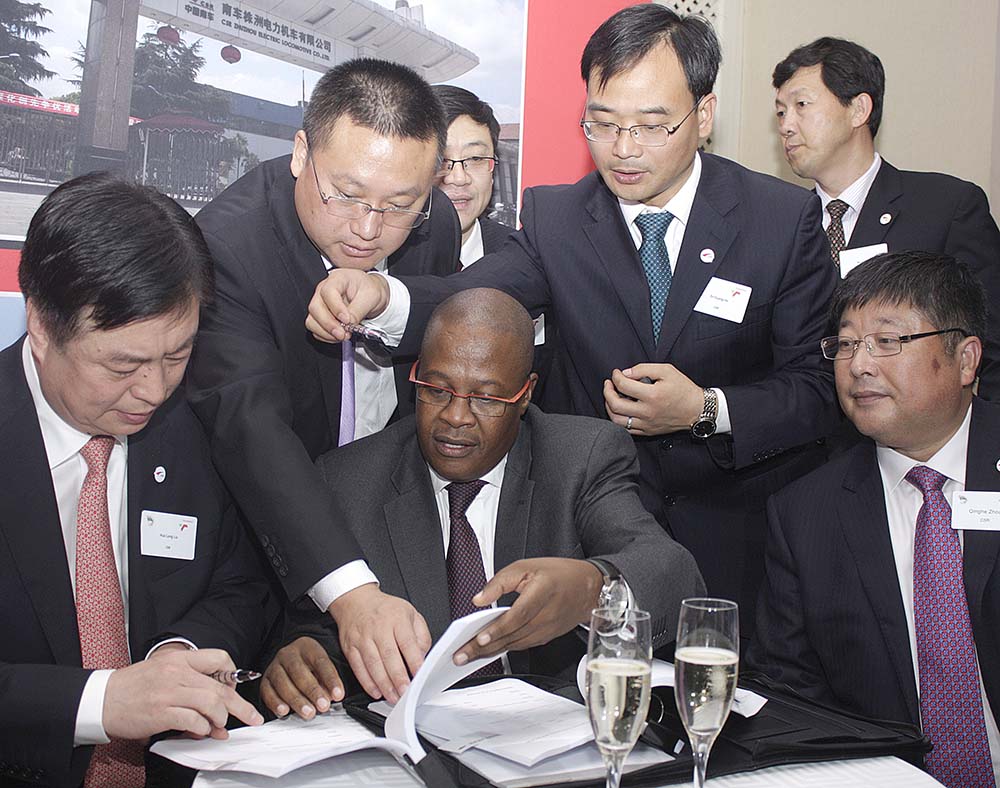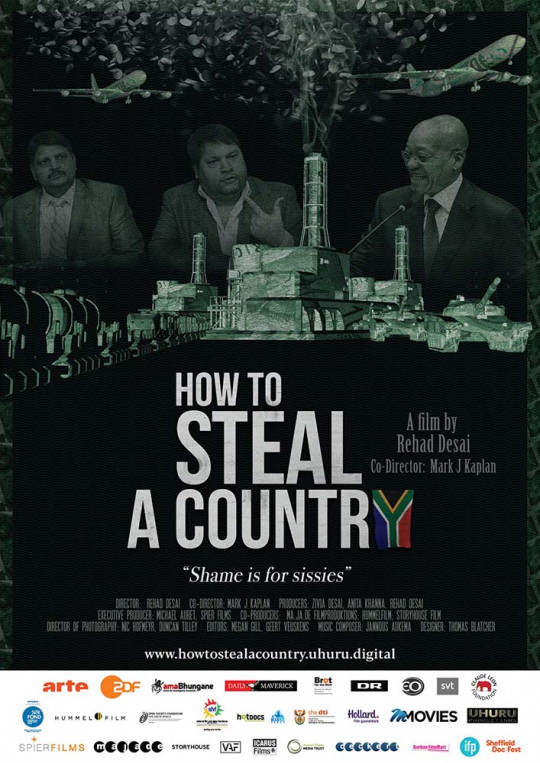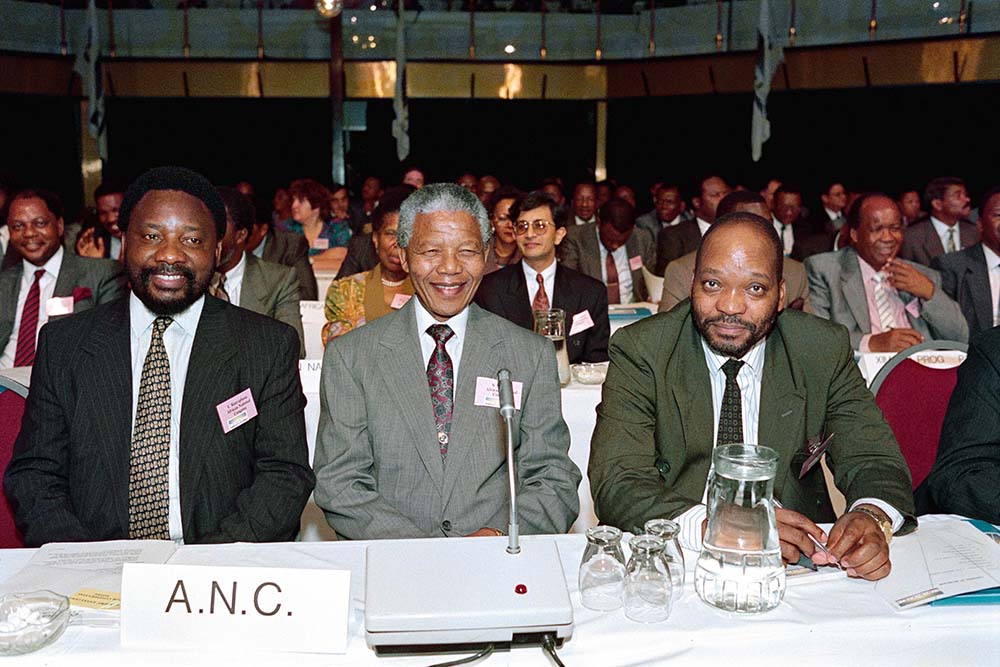-
01.Edition 2025
-
02.Accreditations
-
03.Past editions
-
01.Distribution
-
02.Contact
-
01.Docs del Mes
-
02.Program
-
03.Venues


A group of investigative journalists discover corruption involving the President of South Africa and his friends, the Guptas.
When a group of investigative journalists discovered far-reaching corruption involving Jacob Zuma, then President of South Africa, a pernicious disinformation campaign was mounted against the integrity of the newsroom. Then one day, two young men working in an IT company found the evidence that laid bare the entire modus operandi behind the capture of the South African state by private individuals with the help of politicians.
Thanks to their good friend Zuma, members of the Indian Gupta family were able to use the proceeds of an entire nation for their own gain, acquiring holdings in coal mines, media and IT companies, and even government positions. When finally a Judicial Commission of Inquiry is installed, Zuma also comes to testify. His defense: it’s all lies and fake news.
In interviews, investigative journalists express their concerns about the global drift towards ever-increasing entanglement between business and government, and the polarization it brings: presidents and multinationals live unassailably in their own bubble. As a journalist, all you can do is make life in the bubble a little less comfortable. Is there still room for justice in South Africa’s hard-won fledgling democracy?
